Food & Nutrition
Food is a subject for life. We teach the underlying principles and skills to live a healthy life. We embrace current nutritional thinking and up-to-date practices. We utilise a lot of practical sessions and our pupils develop high-level culinary skills. We incorporate as many learning experiences as possible, delivered in a variety of styles including the frequent use of sensory testing.
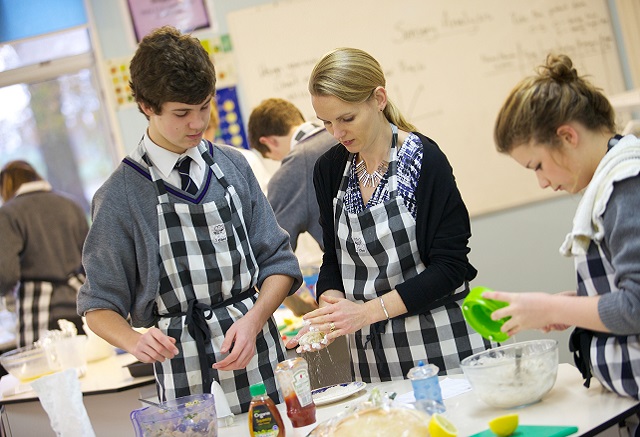
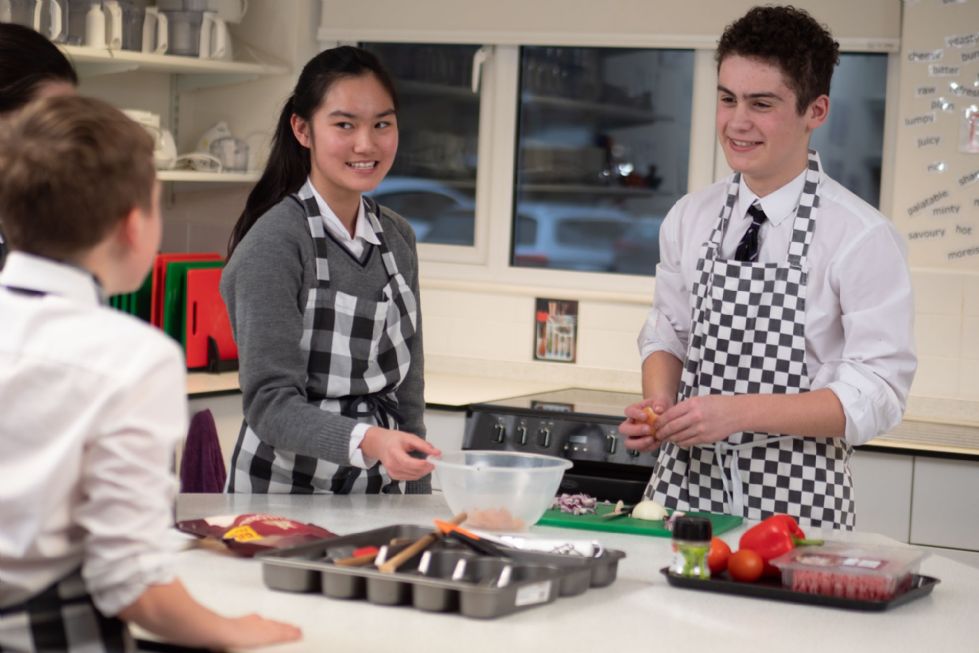
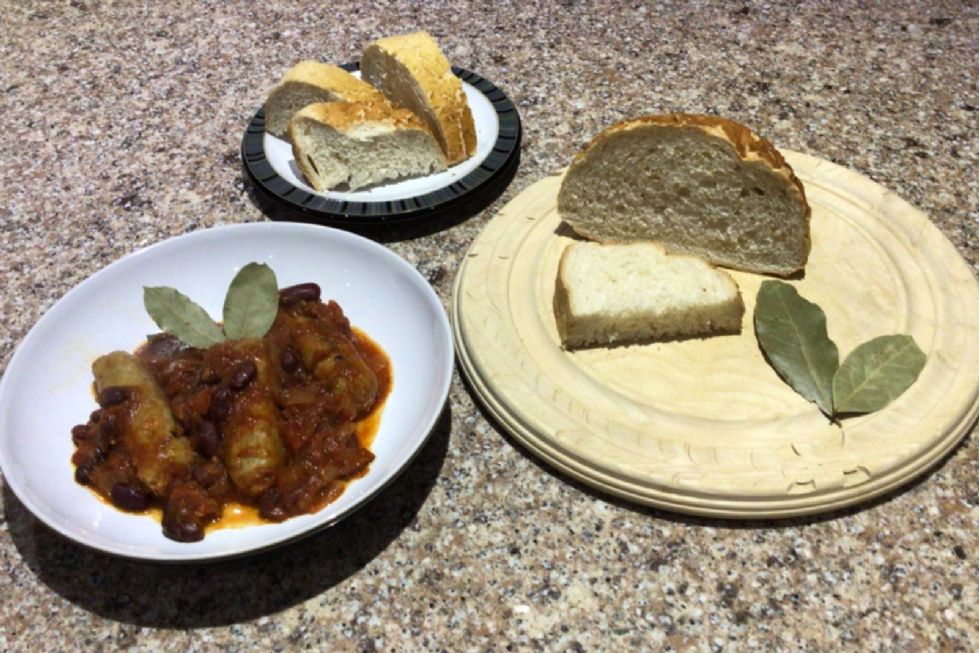
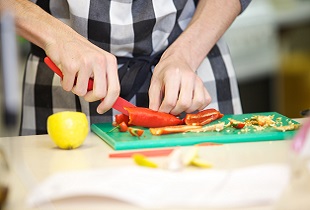
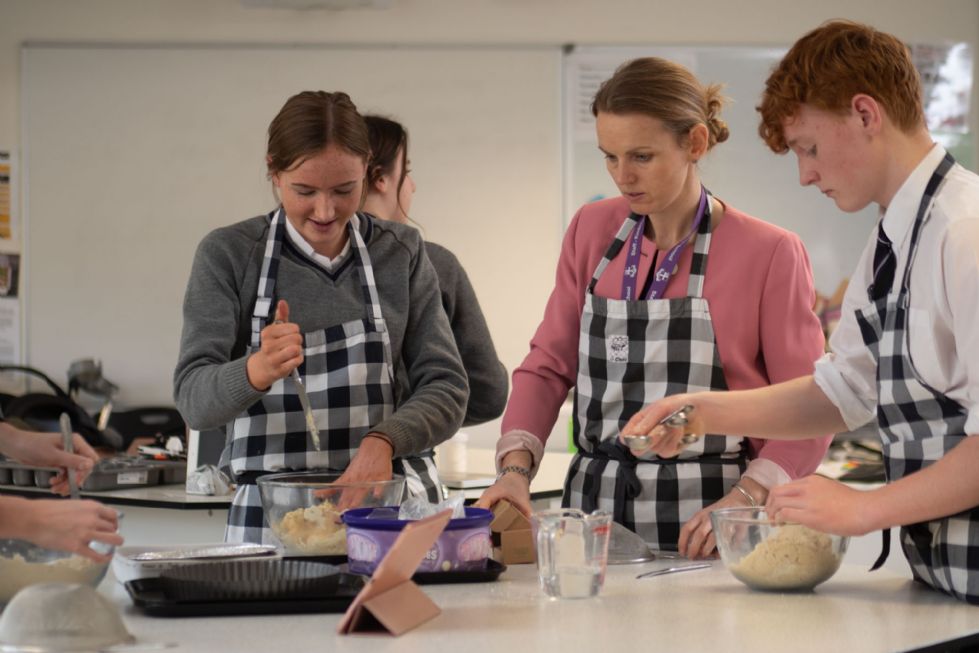
Departmental Staff
Technicians
Curriculum
First and Second Forms – compulsory for all pupils
In each of the First and Second Forms food is studied for the whole year, in small classes of about 12 pupils. The aim is to give the pupils an introduction to food, nutrition and healthy living, whilst developing practical skills using a variety of kitchen equipment and to progress to working independently within the kitchen. The Second Form course has a scientific basis, focusing on what happens to foods during the cooking process and the impact of nutrition.
Third Form – optional creative subject
All Third Form pupils will take two out of the three creative subjects (Art; Design Technology & Engineering; and Food & Nutrition) offered in the Third Form and at GCSE. Pupils opting to study Food & Nutrition will have two lessons a week for the whole academic year, cooking every week. The course is based around different food commodities focusing on the nutrition of the foods, as well as developing practical skills.
Fourth and Fifth Forms – GCSE optional subject
- OCR GCSE Food Preparation and Nutrition J309
- Assessed via Food Investigation non-examined assessment (15%); Food Preparation Task non-examined assessment (35%) and written examination (50%).
Food and Nutrition (F&N) aims to equip pupils with the knowledge, understanding and skills required to cook and apply the principles of food science, nutrition and healthy eating. They will develop strong practical cookery skills and techniques as well as an understanding of nutrition - all important life skills. The course is relevant to the world of food today, to understand the global challenges to supply people with nutritious and safe food.
The course covers the relationship between diet and health, focusing on the dietary needs of different groups of the population. We also study food provenance and security. Pupils will gain an appreciation of where food comes from, how it is processed and the impact of technological advancements on production. An understanding of the science of cooking gives you the knowledge to adapt recipes and understand the purpose of ingredients. The development of individual practical skills is vital. Pupils will learn to portion a whole chicken, fillet fish, make pastry, bread dough and pasta.
Lessons are taught in two modern, purpose-built rooms, and we have a vast range of resources and equipment to enable the development of advanced practical skills, as well as a computer suite for all non-examined assessment work.
Extra-Curricular Activities
- Ingrams Ready Steady Cook (part of the Ingrams House Competition): One pair from each Ingrams form compete to make a recipe of which they have no prior knowledge - within 45 mins!
- Kimbolton Bake Off Competition: This takes place during Open Morning in the autumn term. It is open to pupils from across the whole school, with 12 being selected to perform on the day.
Regular Trips, Visitors and Competitions
- We organise an annual residential trip to Spain, with the Spanish department, for our pupils to study the country's cuisine and food production, including tapas lessons, a trip to the Freixenet caves, and other cultural destinations.